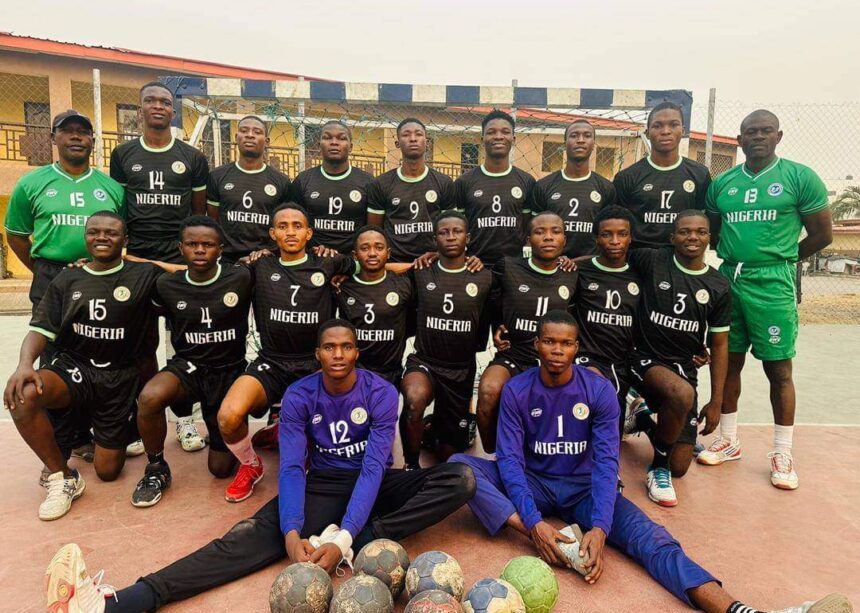Super Eagles Revive World Cup Dreams: Nigeria’s Quest for 2026 FIFA World Cup Qualification

Current Standing and Recent Developments
The Nigeria national football team, officially known as the Super Eagles, represents Nigeria in men’s international football under the governance of the Nigeria Football Federation (NFF). The team boasts three Africa Cup of Nations titles, with their most recent triumph in 2013.
As of February 2024, the Super Eagles ranked 28th in the FIFA rankings. Their World Cup participation record is impressive, having qualified for six of the last eight FIFA World Cups, reaching the round of 16 on three occasions.
Current World Cup Qualification Campaign
In their most recent World Cup qualifier, Nigeria secured a crucial 1-0 victory over Rwanda at the Godswill Akpabio International Stadium in Uyo. The match was hard-fought, with the Nigerian goalkeeper Stanley Nwabali maintaining a clean sheet despite late pressure from the Rwandan team.
Upcoming Challenges
The Super Eagles’ next crucial test comes on Tuesday, 9 September, when they face South Africa in Bloemfontein. The team has faced a setback with their star forward Victor Osimhen suffering ankle ligament damage in the recent Rwanda match, leading to necessary tactical adjustments by coach Eric Chelle.
Team Management and Structure
The Nigerian national team operates with a comprehensive management structure, including a technical adviser serving as the head coach for international matches, a chief coach as the first assistant, and a second assistant coach responsible for home-based competitions and CHAN tournament. The setup also includes technical assistants and a goalkeeper trainer.
Future Prospects
The Super Eagles currently sit fourth in their qualification group standings with 7 points, trailing group leaders South Africa by 9 points. With only the group winner earning automatic qualification, every upcoming match is crucial for their World Cup aspirations. Football remains Nigeria’s most popular sport, deeply embedded in the country’s culture and society since its introduction during the British colonial era in the early 20th century.









